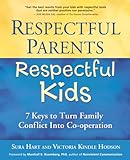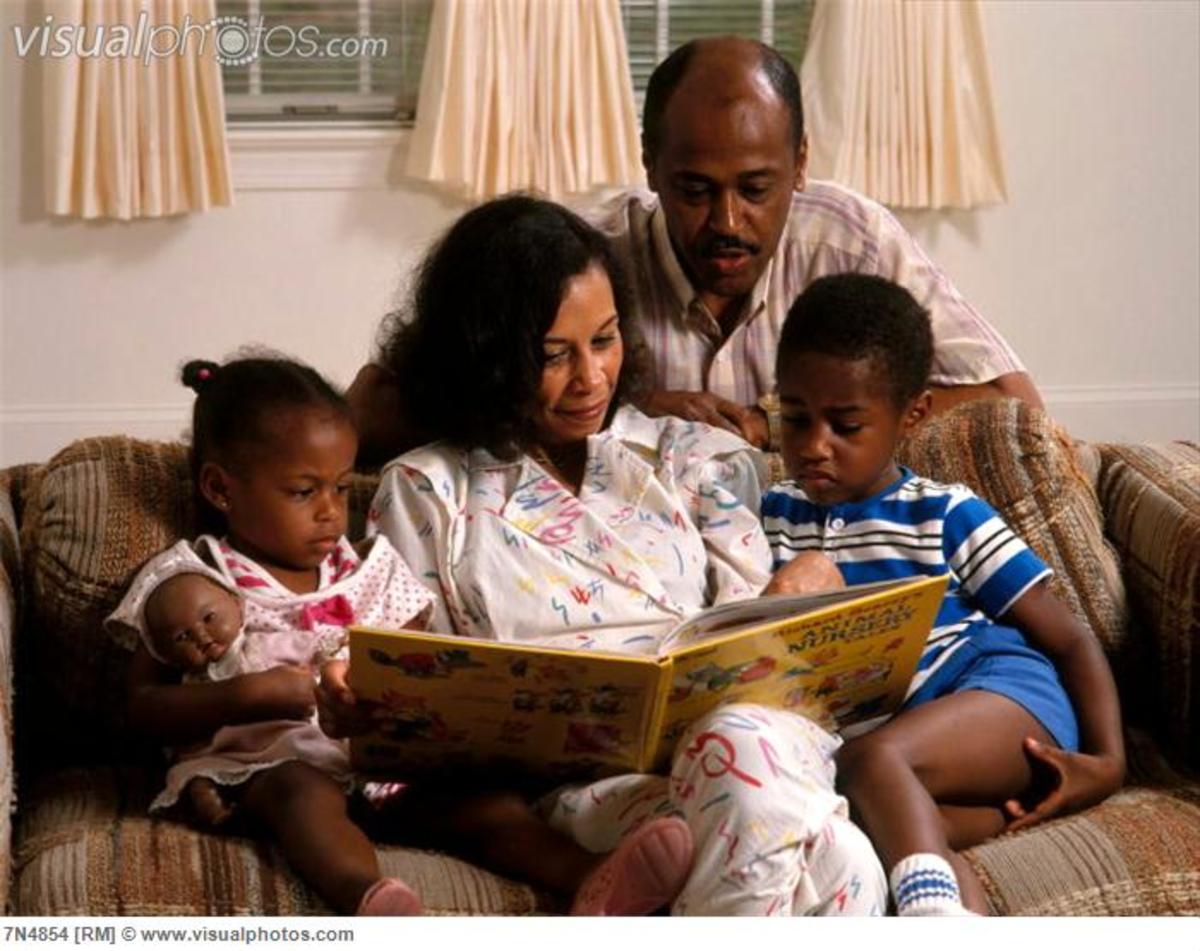What If There Is No Consistency Between Parents

According to E. Mark Cummings, a psychologist at Notre Dame University “Children are like emotional Geiger counters.” When parents disagree and fight with each other, the collateral damage caused will remain with the children for ever.
This may perhaps be the reason why parenting is compared to a roller coaster, especially when the views of one parent and those of the other differ widely. Such inconsistencies can rob the peace at home. This fact is corroborated by Rebecca Dacus, a Licensed Mental Health Practitioner. She says, “If one parent is (consistent), and you aren’t, you’re setting yourself up for behavioral problems of some kind."
Parents should understand that there is always a better way to handle the differences between them. As Cummings observes, “Conflict is a normal part of everyday experience, so it’s not whether parents fight that is important. It’s how the conflict is expressed and resolved, and especially how it makes children feel, that has important consequences for children.”
If you observe families in which there is not much inconsistency between the parents, you will find that they like eating their meals together and doing things together so there is good communication between them, says Dacus, who uses Systematic Training for Effective Parenting for helping parents who seek her help.
Dr. Nick Stevens issues a warning that if there are major differences between parents, they may not only lack unity between themselves but may not feel a sense of security and integrity as well. But why is unity lacking in parents? Nick Stevens points out that it may be due to the differences in how they were raised by their parents. A point to remember is that parenting is something that does not come naturally. Nick Stevens says that parents have to pursue it on a constant basis. He also advises that parents have to find out and stick to a middle ground as far as aspects such as nutrition, discipline, structure, physical and emotional health of children and their activities are concerned.
Anne Tapley of Williamsburg Behavioral Psychology, who is a Certified Mental Health Practitioner, lists out three areas in which parents have to work together and find unity and they are "expectations, consequences and rewards." She advises parents to take the following steps for finding unity.
1. It is better parents discuss between them about how they were brought up, what they used to like and hate and what they saw other people did. Tapley says, “It can give couples a vision of what they want their parenting to be like."
2. Parents should then list the behaviors of children beginning from the least to the worst. They should also specify the potential rewards as well as consequences children will face. Tapley says, "They need to figure out what are the definite no’s of things happening in their home versus things that aren’t as serious.”
3. Parents should learn the system of taking turns to dish out consequences and rewards so children will not think that one is the "enforcer" always and the other parent is a good cop. Tapley says, “You want to make sure that both of you are doing that -- giving out rewards and consequences,”
4. Parents should understand that avoiding conflicts and disagreements between them is not the right solution. When there are disagreements between them, especially about parenting, they should avoid hashing them out before the children. They should also not take sides or triangulate. Instead, they should discuss such disagreements later when the children are not around and come to an agreement about how such situations should be handled in future.
5. If the children are around, parents can adopt a better strategy and negotiate a disagreement between them by beginning the discussion with phrases like "I hear what you are saying," "I see why you are feeling this way, but I see it differently," etc. so kids can come to know that disagreements can be resolved without fighting and without showing disrespect. As Cummings says, it is good for kids if they watch how their parents resolve conflicts and difficult problems between them because this will help them grow into mature adults. In fact, kids feel very happy when they see that their parents are able to solve their conflicts without showing disrespect to each other. In other words, parents can make conflicts and differences between them work for the benefit of their children.
Stevens emphatically says that in child-rearing, spousal support is very much necessary so there will be emotional stability in parents. “Research shows that whenever sides are being taken, the family is no longer a team." On the other hand, “If you have a united front, there is safety, stability and predictability,” said Stevens.
6. A weekly session between parents for discussing what went well and what did not during the week and venting their opinions can be good for staying united. But both the parents should be honest and should support each other.
Tapley insists that parents should not delay working out their differences in their approaches towards parenting because any delay will make it difficult to make changes at a later date. In other words, parents must not allow disagreements to run deep. “Avoiding harmful kinds of disagreement and presenting a unified front leads to the best outcome for children.”
When children grow up, there will be new areas that may require parents to stay united. Areas like curfews, dating, driving privileges, etc. may be more serious. Parents should therefore revisit their strategy for updating the list of rewards, consequences and expectations so there will be a smooth transition.









